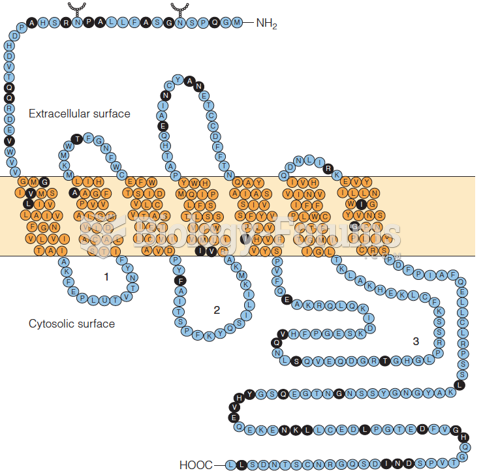|
|
|
As many as 28% of hospitalized patients requiring mechanical ventilators to help them breathe (for more than 48 hours) will develop ventilator-associated pneumonia. Current therapy involves intravenous antibiotics, but new antibiotics that can be inhaled (and more directly treat the infection) are being developed.
Although puberty usually occurs in the early teenage years, the world's youngest parents were two Chinese children who had their first baby when they were 8 and 9 years of age.
The National Institutes of Health have supported research into acupuncture. This has shown that acupuncture significantly reduced pain associated with osteoarthritis of the knee, when used as a complement to conventional therapies.
Astigmatism is the most common vision problem. It may accompany nearsightedness or farsightedness. It is usually caused by an irregularly shaped cornea, but sometimes it is the result of an irregularly shaped lens. Either type can be corrected by eyeglasses, contact lenses, or refractive surgery.
More than one-third of adult Americans are obese. Diseases that kill the largest number of people annually, such as heart disease, cancer, diabetes, stroke, and hypertension, can be attributed to diet.
 In addition to common schools, thousands of female seminaries were built between 1820 and 1850, many
In addition to common schools, thousands of female seminaries were built between 1820 and 1850, many
 Many former slaves understood that illiteracy was an implement of bondage. The Freedmen’s Bureau bui
Many former slaves understood that illiteracy was an implement of bondage. The Freedmen’s Bureau bui
 The varying voltage signal from the pickup coil triggers the ignition module. The ignition module ...
The varying voltage signal from the pickup coil triggers the ignition module. The ignition module ...




